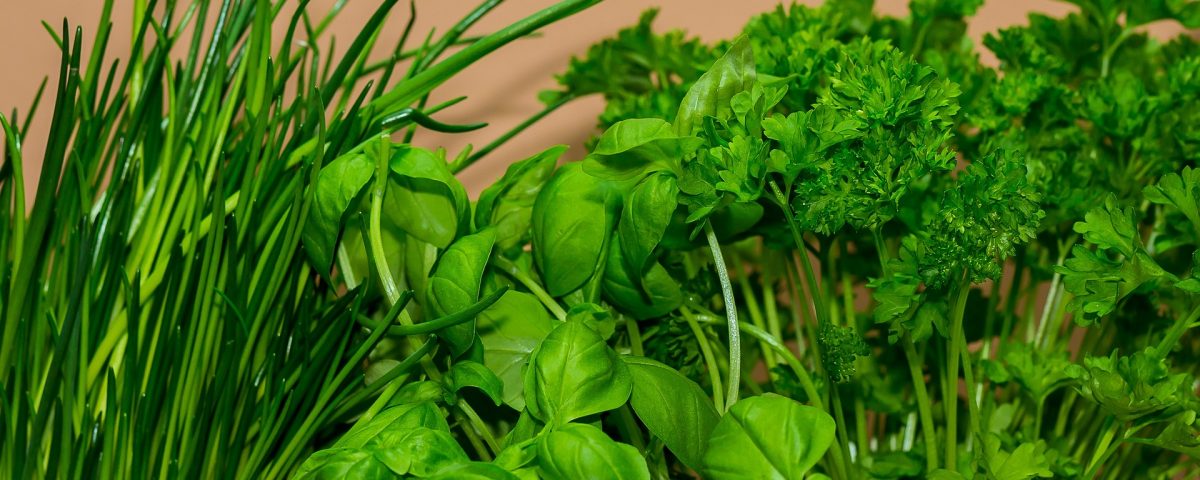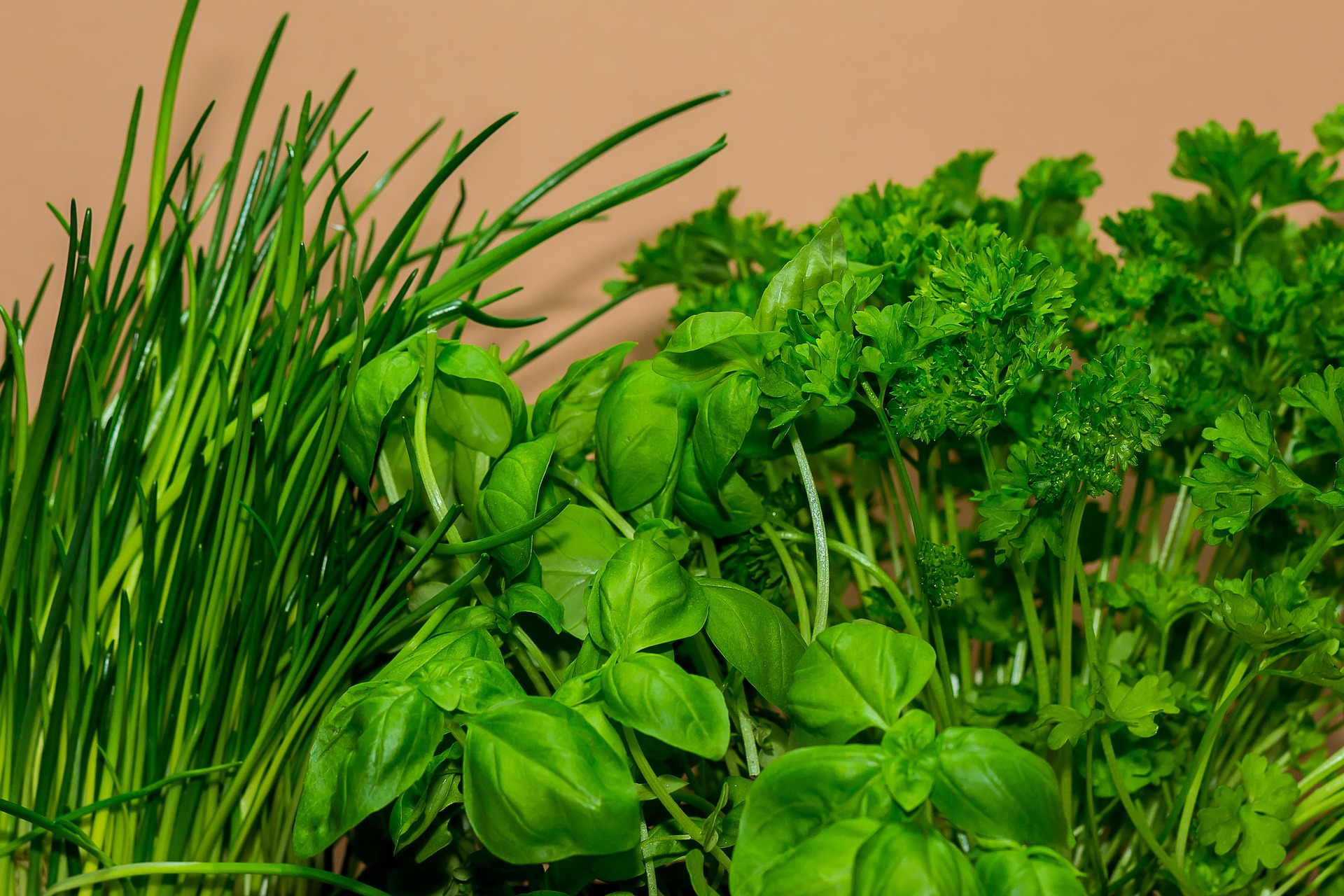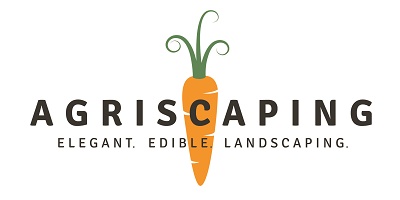The Many Wonders of Herbs Part 2

The Many Wonders of Herbs Part 2
*By Cindy Dixon
Last week we talked about the Many Wonders of Herbs, and this week we continue the discussion. Not only do herbs encourage pollinators to visit your garden, they repel pests from nibbling on your plants. Many insects/animals do not particularly like the taste or smell of herbs; thus, aiding in repelling them from nibbling on your precious crops. Garlic (Allium sativum) and other herbs from the Allium family are examples of insect repellants, keeping aphids away from your crops. It has been said if you plant mint near your roses, aphids will be deterred from attacking your plants. Medicinally, herbs have been used by the earliest civilizations. Today, according to the World Health Organization, herbalism is used in 80% of the world’s population in one form or another, and it’s gaining in popularity. Some of the many benefits herbs have to offer include aromatherapy, digestion aid, stress relief, immune boosting, and so much more.
Historically, Yarrow (Achilles millefolium) has been used in healing wounds due to its antiseptic and anti-inflammatory properties. Yarrow is considered a styptic, meaning it stops bleeding. Several herbs have antiseptic qualities, including: Calendula (Calendula officinalis) and Lavender (Lavandula spp.). Herbs such as Thyme (Thumus vulgaris), Oregano (Origanum vulgare), and Mint (Mentha lamiaceae) help the digestive system. Imagine having a personal farmacy in your yard, a medicine cabinet at your fingertips so to speak.
Yes, beauty is more than skin deep; however, herbs can also help with many skin issues, too. It is believed that Queen Elizabeth of Hungary (14th century) barely aged due to her daily routine consisting of drinking and washing with Rosemary (Rosmariunus officianalis) water to keep her skin supple and youthful. Aloe Vera (Aloe barbadensis) is well known to help by soothing burns. Burdock (Arctium lappa) is used for a variety of skin ailments from eczema and psoriasis to acne and irritated skin.
And if that’s not enough, herbs work around your home. Many use aromatherapy to promote health and well being using the essential oils of herbs. From the calming effects of Lavender oils to the invigorating effects of Peppermint oils, aromatherapy has been used for centuries. Cleaning and disinfecting products can be made from herbs such as Rosemary, Thyme and Lavender to name a few. Rosemary and Lavender also deter insects from eating your clothes without using the harsh chemicals used in mothballs. The list continues for herbal household uses, too many for this article.
Last, but certainly not least, culinary use of herbs gives flavor and gusto to your foods. Adding herbs to your food can change ordinary to extraordinary.
To find out what upcoming webinars or live classes are available click here!
* Cindy is an Agriscaping Certified Educator (ACE) in Las Vegas, NV. Find her here.

